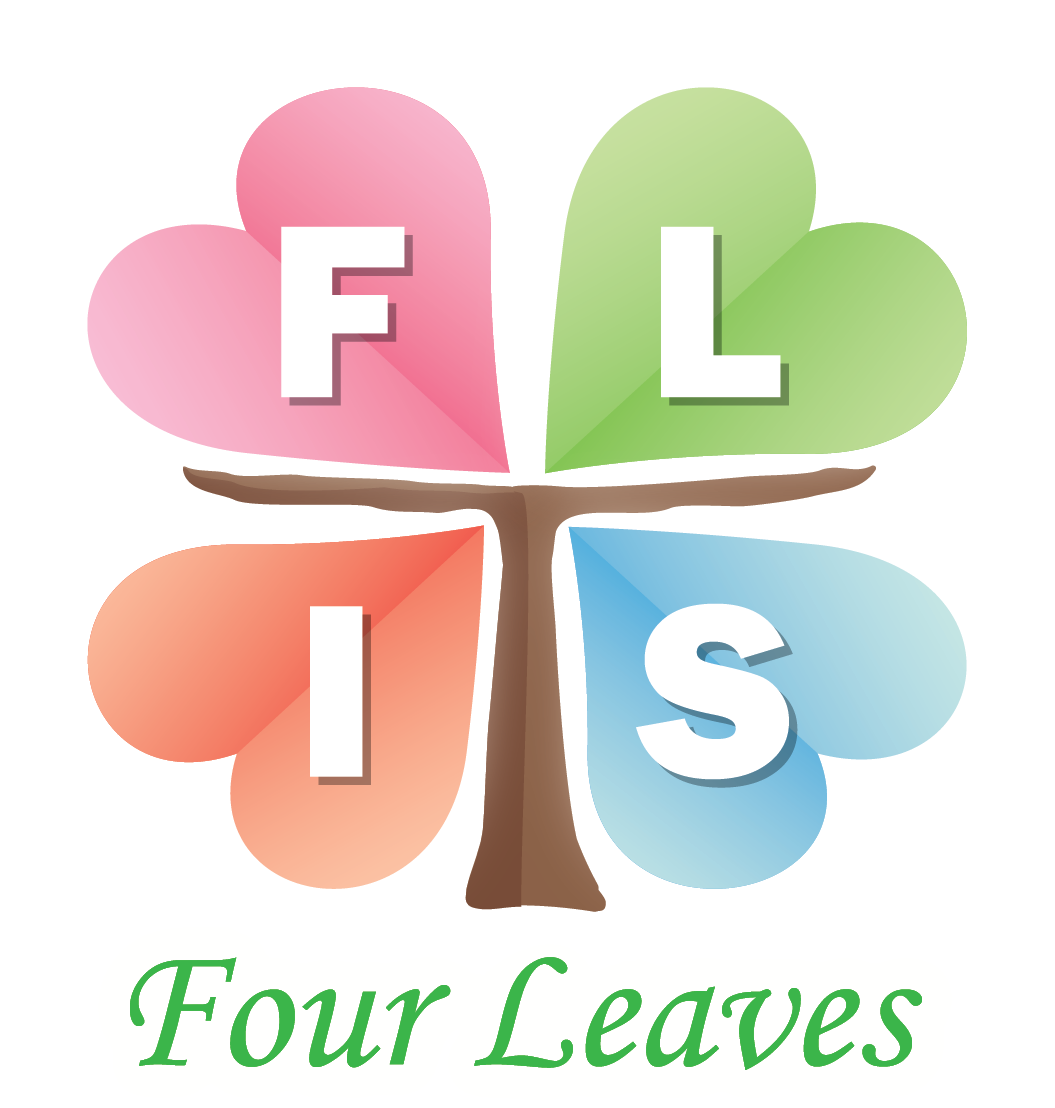🍃 Little Gardeners: How Nature-Based Learning Grows Young Minds
Introducing Four Leaves International School Tokyo — a place where little hands discover big wonders.
In this modern world, where screens and schedules often fill most of our moments, we believe that every child wants and needs fresh air, muddy fingers, and the skillset of growing things, whilst growing with them too. Our nature based-learning program does more than teach science — it encourages students to prefer naturistic activities rather than tablet activities, which boosts their confidence and immune systems that last a lifetime.
Four Leaves International School Tokyo へようこそ — 小さな手が大きな不思議を発見する場所です。
現代の世界では、画面やスケジュールで多くの時間が埋め尽くされがちですが、私たちはすべての子どもたちに、新鮮な空気や泥だらけの指、そして植物を育てながら共に成長する力を求める気持ちがあると信じています。当校の自然を基盤とした学習プログラムは、単に理科を教えるだけではなく、生徒たちがタブレットの活動よりも自然の中での活動を好むようになり、自信や一生続く免疫力を育むことを目的としています。
Why Nature Matters in Early Childhood
Richard Louv (2008) famously described “nature-deficit disorder” — the growing gap between children and the outdoors. Decades of research suggest that when children spend time in natural spaces, they gain:
🌿 Stronger focus and self-regulation. Taylor and Kuo (2009) found that even a short walk in a park improves attention.
🌿 Rich language and storytelling skills. Nicolopoulou (1997) observed that children create more complex stories after outdoor play.
🌿 A sense of connection to living things. Kellert (2002) showed that early encounters with nature foster empathy and environmental care.
At Four Leaves International School Tokyo, these findings inspire how we design our environment, from our garden to our seasonal celebrations outdoors.
幼少期において自然が重要な理由
リチャード・ルーブ(2008)は「自然欠乏症」という言葉で、子どもたちと自然との間に広がる隔たりを有名に表現しました。何十年にもわたる研究により、子どもたちが自然の中で過ごすことで、次のような効果が得られることが示されています:
🌿 集中力と自己調整力の向上
テイラーとクオ(2009)は、公園を短時間歩くだけでも注意力が改善されることを発見しました。
🌿 豊かな言語能力と物語をつくる力
ニコロポウルー(1997)は、屋外で遊んだ後の子どもたちが、より複雑で想像力に富んだ物語を生み出すことを観察しました。
🌿 生きものへのつながりの感覚
ケレート(2002)は、幼少期に自然とふれあう経験が共感や環境への思いやりを育むことを示しました。
Four Leaves International School Tokyo では、これらの知見をもとに、園庭や季節ごとの屋外イベントなど、学びの環境づくりを行っています。
Our Approach to Outdoor Learning
Our curriculum integrates outdoor play everyday if possible depending on the weather conditions. Moreover, our children explore the nature around us through:
🌼 Gardening Together
Children plant herbs, vegetables, and flowers—learning where food comes from and how living things grow. In addition, they check on them every week to see the growing process along with their own growing process as young fast growers too.
🦋 Sensory Exploration
Children go on nature walks occasionally, collecting leaves, observing insects, and feel the textures of bark and petals. This hands-on learning deepens their curiosity, vocabulary and boosts their immune systems.
🎎 Seasonal Traditions
Whether celebrating cherry blossoms or autumn leaves, children learn how the different seasons works and how nature connects to culture and family life. This is important nowadays where the young generations are slowling moving apart from its seasonal cultural activities.
私たちの屋外学習へのアプローチ
私たちのカリキュラムでは、可能な限り毎日、天候に応じて屋外遊びを取り入れています。さらに、子どもたちは周囲の自然を次のように探求します:
🌼 みんなでガーデニング
子どもたちはハーブ、野菜、花を植え、食べものがどこから来るのか、生きものがどのように成長するのかを学びます。また、毎週植物の様子を観察し、自分たちも成長していることを感じながら、その過程を見守ります。
🦋 感覚を使った探検
子どもたちは時々自然散策に出かけ、葉を集めたり、虫を観察したり、樹皮や花びらの手触りを感じたりします。この体験的な学びは、好奇心や語彙を深め、免疫力を高める効果もあります。
🎎 季節の行事
桜や紅葉を楽しむなど、さまざまな季節の移り変わりを祝いながら、子どもたちは自然が文化や家庭生活とどのようにつながっているのかを学びます。現代では若い世代が季節の文化的な活動から徐々に離れつつある中、この学びはとても大切です。
FLIST GARDEN
Our young learners spending time in the garden, watering the flowers to help them grow strong and healthy.
FLIST GARDEN
They also notice if branches need gardening and fix it back in place. Activities like these teach children how to care for living things and develop responsibility in a hands-on, meaningful way.
私たちの小さな学び手たちは、庭で時間を過ごし、花に水をあげて元気に育つお手伝いをしています。また、枝が手入れを必要としていることにも気づき、そっと元に戻しました。このような活動を通して、子どもたちは生きものを大切にする気持ちや、責任感を実践的で意味のある方法で育んでいきます。
Growing Skills Beyond the Garden
Our nature-based activities also nurture essential skills for life:
🌱 Collaboration and responsibility - Children take turns watering plants and checking for growth.
🌱 Problem-solving - When pests or weather damage crops, children brainstorm solutions together.
🌱 Emotional resilience. Watching a plant recover or not teaches patience and acceptance.
園庭を超えて育む力
私たちの自然を活かした活動は、人生に必要な力も育みます:
🌱 協働と責任感
子どもたちは順番に植物に水をあげたり、成長の様子を確認したりします。
🌱 問題解決力
害虫や天候で作物が傷んだとき、みんなで話し合い、解決策を考えます。
🌱 感情のしなやかさ(レジリエンス)
植物が回復したり、うまく育たなかったりする姿を見守ることで、忍耐や受け入れる心を学びます。
How Families Can Support Nature Learning
Even in a busy city like Tokyo, small actions can help children stay connected to nature:
🌼 Start a Balcony Garden
A single pot of mint or cherry tomatoes can inspire daily wonder and growth. It can also be plants that do not need watering for busy families or families who tend to forget watering.
🌿 Take Walks and Notice Seasons
Even though the children take walks at school, it is also important for parents to take them out too, and remind them of buds in spring, colorful leaves in autumn, the smell of rain and the cold from winter.
📚 Read Nature-Themed Stories
Books like The Tiny Seed by Eric Carle or Planting a Rainbow by Lois Ehlert bring gardens to bedtime.
ご家庭でできる自然学習のサポート
東京のような忙しい都市でも、ちょっとした工夫で子どもたちが自然とつながり続けることができます:
🌼 ベランダガーデンを始める
ミントやミニトマトを一鉢育てるだけでも、毎日の発見や成長の喜びが生まれます。忙しいご家庭や水やりを忘れがちなご家庭でも育てやすい、手間のかからない植物を選ぶのもおすすめです。
🌿 散歩をして季節を感じる
園でも散歩をしていますが、ご家庭でもぜひお子さまと外に出て、春の芽吹きや秋の色づいた葉、雨の匂いや冬の寒さなど、季節の変化に気づかせてあげてください。
📚 自然をテーマにした本を読む
エリック・カールの『ちいさなタネ』や、ロイス・エイラートの『にじいろのたねまき』などの絵本は、寝る前のひとときにお庭の世界を運んでくれます。
Further Reading
Louv, R. (2008). Last Child in the Woods: Saving Our Children from Nature-Deficit Disorder.
Kellert, S.R. (2002). Experiencing Nature.
Nicolopoulou, A. (1997). “Worldmaking and Narrative.”
Taylor, A.F., & Kuo, F.E. (2009). “Children with Attention Deficits Concentrate Better After Walk in the Park.”
Vygotsky, L.S. (1978). Mind in Society.
参考文献
ルーブ, R.(2008)『ラスト・チャイルド・イン・ザ・ウッズ ― 自然欠乏症から子どもを救う』
ケレート, S.R.(2002)『自然を体験すること』
ニコロポウルー, A.(1997)「世界をつくることと物語」
テイラー, A.F. & クオ, F.E.(2009)「注意欠陥のある子どもは公園を歩いた後に集中力が高まる」
ヴィゴツキー, L.S.(1978)『社会の中の心』
One Last Thought
Children are natural outdoor players, they love to play outside, when we give children the chance to plant a seed, watch it grow, and feel its leaves, we are offering more than a lesson in biology. We are teaching them to care, to wonder, and to believe in their own power to nurture life through nature.
At Four Leaves International School Tokyo, we are proud to grow alongside them.
最後にひとこと
子どもたちは生まれながらにして外で遊ぶのが大好きです。種を植え、それが育ち、葉に触れる機会を与えるとき、私たちは単なる生物の授業以上のものを届けています。
私たちは子どもたちに「思いやる心」「驚きの気持ち」、そして「自分の手でいのちを育む力を信じること」を教えているのです。
At Four Leaves International School Tokyo は、そんな子どもたちとともに成長できることを誇りに思っています。


